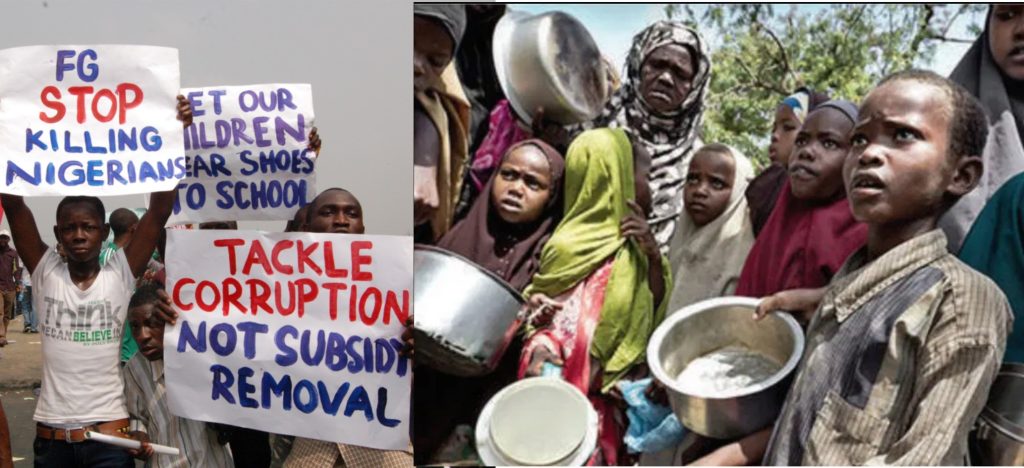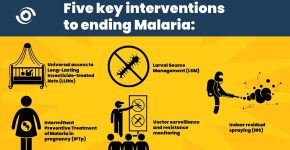Nigeria is currently grappling with escalating poverty and hunger, exacerbated by recent economic reforms. The removal of fuel subsidies, increased taxes and tariffs, and rising costs of living have intensified the hardships faced by many Nigerians. As an NGO committed to alleviating these challenges, we aim to shed light on the current situation, propose actionable solutions, and call upon both the government and capable individuals to contribute towards mitigating hunger and poverty in our communities.
Current Economic Reforms and Their Impact
In an effort to stabilize the economy, the Nigerian government implemented significant reforms, including the removal of fuel subsidies and the devaluation of the naira. While these measures were intended to address fiscal challenges, they have led to unintended consequences for the populace.Reuters
- Fuel Subsidy Removal: The elimination of fuel subsidies has resulted in increased transportation costs, which in turn have driven up the prices of goods and services, including essential food items. This has placed a heavier financial burden on households, particularly those already struggling with low incomes.
- Currency Devaluation: The devaluation of the naira has led to inflationary pressures, further eroding the purchasing power of Nigerians. The cost of imported goods has risen, contributing to the overall increase in living expenses. Reuters
Rising Poverty and Hunger
The combined effect of these economic reforms has been a significant increase in poverty and food insecurity across the nation. Recent reports indicate that approximately 33 million Nigerians are projected to be food insecure by August 2025, a substantial rise from previous figures. Factors such as inflation, high food prices, and increased transportation costs have been identified as major contributors to this crisis. Reuters

Government’s Perspective and Intentions
The government’s rationale for these reforms includes reducing fiscal deficits, reallocating resources to critical sectors, and promoting long-term economic stability. While these objectives are commendable, it is imperative that the immediate adverse effects on vulnerable populations are addressed through comprehensive and effective mitigation strategies.
Recommendations for Government Action
To alleviate the hardships resulting from these economic reforms, we urge the government to consider the following measures:
- Implement Social Safety Nets: Establish and expand programs such as cash transfers, food assistance, and subsidies for essential goods to support low-income households.
- Invest in Agriculture: Increase funding for agricultural development to boost local food production, reduce dependence on imports, and create employment opportunities. africanliberty.org
- Subsidize Transportation: Provide subsidies or incentives for transportation services to counteract the increased costs resulting from fuel subsidy removal, thereby reducing the price of goods and services. africanliberty.org
- Review Tax Policies: Evaluate and adjust tax and tariff structures to prevent excessive financial strain on citizens, particularly concerning essential commodities.
Call to Action for Individuals and Organizations
Beyond governmental interventions, there is a critical role for individuals, private organizations, and NGOs to play in addressing hunger and poverty:
- Support Local Food Banks and Charities: Contribute financially or through food donations to organizations dedicated to feeding the hungry.
- Volunteer Time and Skills: Engage in community programs aimed at providing education, vocational training, and other support services to empower vulnerable populations.
- Advocate for Policy Change: Participate in advocacy efforts to encourage the implementation of policies that prioritize the welfare of disadvantaged communities.
Conclusion
While the government’s economic reforms are driven by intentions to stabilize and grow Nigeria’s economy, it is crucial to balance these objectives with the immediate needs of the population. By implementing targeted mitigation strategies and fostering collaborative efforts among all stakeholders, we can work towards reducing hunger and poverty, ensuring that economic progress translates into improved living conditions for all Nigerians.












